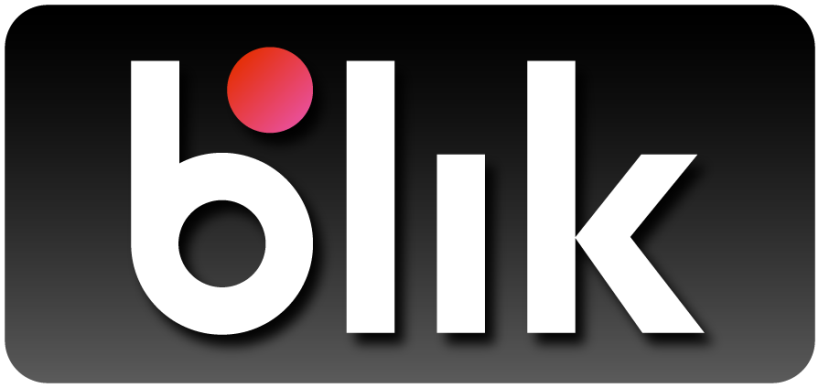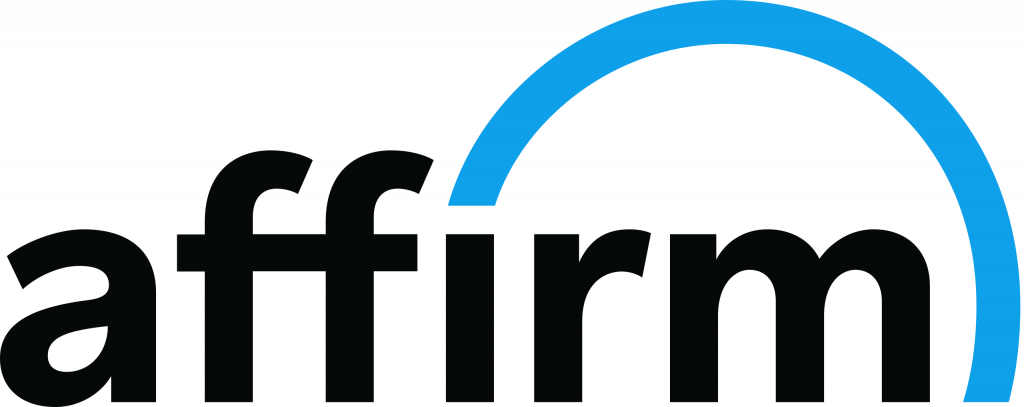
Top 10 Fintech Disruptors in 2023
2023’s fintech disruptors are poised to change the way consumers engage with finance and tech. Find out who the main contenders are this year.

2023’s fintech disruptors are poised to change the way consumers engage with finance and tech. Find out who the main contenders are this year.
Fintech is changing the status quo. As more and more startups hit the market offering flexible, electronic options for everything from mobile stock management to digital currency exchange, entrenched finance giants are realizing that traditional brick-and-mortar thinking can’t keep up.
These startups are offering consumers accessible, streamlined services at every step of the financial management process. By providing more ways to buy, sell, save, invest, and loan, fintech is disrupting the market and democratizing services that were once only provided by massive financial institutions.
The following ten companies are prime examples of how new ideas and technology are overhauling the financial services sector in 2023.

Blik is a Polish payment system that provides fast, secure, and convenient payment services to its customers. Working with 19 different banks, Blik provides its customers with a new method of electronic payment. At the point of sale, the service generates a one-off six-digit code that can be used to instantly transfer funds from users’ accounts to ATMs or retailers without a payment card. It’s a mobile payment provider that gives merchants and consumers more flexibility and security to make bank transfers. Since 2021, the company has enabled contactless payments using NFC.

Klarna is a Swedish e-commerce company offering shoppers a new way to pay. Using their buy now pay later service, shoppers can secure immediate financing for their purchases both online and in-store. Klarna offers a variety of payment options, like four interest-free payments every two weeks or plans that spread payments over six to 24 months.
The company also offers a Klarna card that, with no hard credit check and 0 percent APR, makes their financing even more accessible. Klarna serves consumers who otherwise would not be approved for more traditional credit cards.

Like Klarna, Affirm is a lending platform offering buy now pay later services to shoppers. Users can pay for their online purchases in four interest-free payments or monthly installments. Affirm lets their shoppers choose their own payment terms with varying interest rates starting at 0 percent.
With upfront balances and no annual or late fees, Affirm provides a flexible and transparent way to pay for any consumers looking for alternative financing options.

Based in the United Kingdom, Wise offers a wide range of financial services for both business and personal use. Through their superapp, users can send and receive money all over the world using mid-market rates with no hidden fees and no required subscription.
With a Wise account, users are able to convert and hold up to 49 currencies for no additional fees, receive payments in 10 currencies, and use their Wise card to spend internationally almost anywhere debit cards are accepted. Wise makes international financial services safe, easy, and transparent for its users.

While many fintech startups seek to get ahead by unbundling banking services and specializing in individual offerings. Revolut is taking the opposite approach. This British fintech startup wants to provide a mobile one-stop shop for all things money. Their global superapp provides everything from currency exchange to long-term financial planning. With Revolut, customers are able to manage, spend, borrow and invest their money all in one place.

Chime is a fintech company that’s challenging traditional banking by offering no-fee checking accounts and no-minimum balance savings accounts through their attractive and easy-to-use mobile app. Their emphasis on accessibility, along with offerings like their credit-building credit card attracts low- to middle-income brackets that fall outside the efforts of bigger banks.
The company supports all the standard banking services like direct deposit, mobile check deposit, and bill pay as well as the more boutique service early payday. Through Chime, customers enrolled in direct deposit are able to access their paychecks two days earlier.

As far as market disruptions go, Robinhood is making a lot of noise. Another fintech company that’s placing a huge emphasis on accessibility, this California-based startup is making investing and trading stocks easy and affordable for everyone. Through their desktop and mobile applications, users are able to trade stocks, ETFs, and crypto without any fees or commissions at all.
In addition to being free to use, Robinhood’s attractive and easy-to-use app, their emphasis on educating beginner investors, and their offering of fractional shares have made them one of the most recognized names in fintech.

Perhaps the greatest example of fintech’s disruptive capabilities, cryptocurrency, has changed the way the world views finance by splitting off currency from the influence of banks and governments. In this new and uncharted territory, Coinbase has established its reputation as one of the largest crypto exchanges in the U.S.
The company’s platform provides users with a library of learning material and an onboarding process that provides them with the requisite knowledge to buy and sell cryptocurrency as well as a secure place to do so. Coinbase provides secure mobile access to their customer’s assets and supports 32 countries.

Acorns is an investing platform based on the idea that a little goes a long way. Users link their financial accounts to the Acorn app, and spare change rounded up from each of their purchases is automatically invested in a diversified portfolio.
Acorns has made investing simple, accessible, and automatic. In addition to their Round-Ups service, they offer automatic recurring investments, dividend reinvesting, and portfolio rebalancing according to the long-term money goals users provide. Their hands-off investment services help users’ money make money regardless of their financial savvy.

Plaid is a California-based company that acts as a liaison between financial services applications and bank accounts. Through their data transfer network, companies like Chime, Robinhood, and Acorns can offer certain banking services without needing to develop their own data infrastructure. Plaid employs best-in-class encryption protocols to ensure users’ sensitive credentials are kept safe as information is passed from organization to organization.
Plaid provides an intuitive user experience, and on the developer end, its clear and powerful API created by developers, for developers makes it easy to integrate with existing applications.
These fintech startups and the ideas they put into motion are changing not only the financial services sector but the lives of millions of consumers as well. As technology continues to develop, its impact on finance will only grow, forcing established institutions to adapt or be left behind.
The opportunities for innovation in fintech are as numerous and diverse as the people that rely on its services. These promising startups prove that the right idea with the right technology can disrupt the market and change the status quo forever.
 Hi, I’m Marcin, COO of Applandeo
Hi, I’m Marcin, COO of Applandeo
Are you looking for a tech partner? Searching for a new job? Or do you simply have any feedback that you'd like to share with our team? Whatever brings you to us, we'll do our best to help you. Don't hesitate and drop us a message!
Drop a message